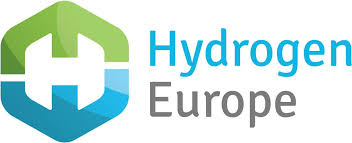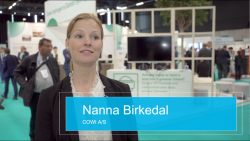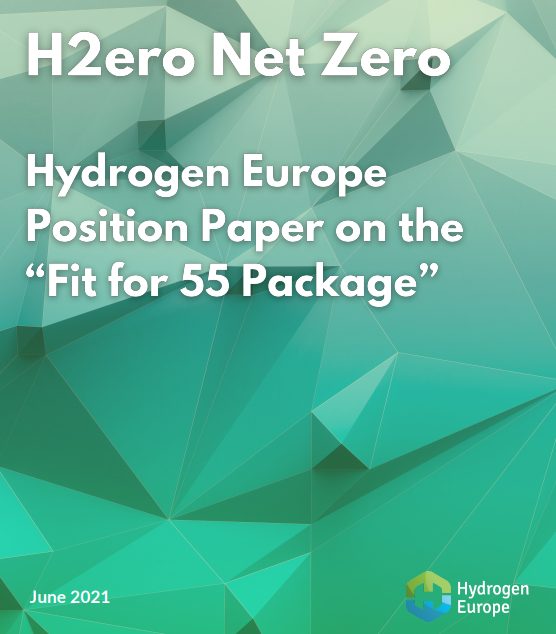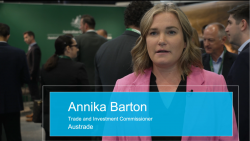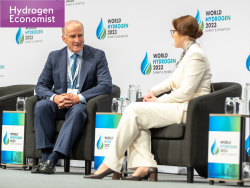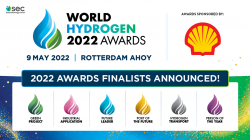Published June 2021 by Hydrogen Europe
Key recommendations:
- The European Commission should consider exempting Renewable Fuels of Non-Biological Origin (RFNBO) producers from proving additionality until 2025. In 2025, the Commission and relevant stakeholders should assess progress towards meeting the 2024 6GW and 2030 40GW target of the H2 strategy.
- Member States (MS) should bare responsibility for providing additional renewable electricity (RE) capacity by setting dedicated RE targets to be used for RFNBO production.
- RFNBO producers should be allowed to produce renewable hydrogen from curtailed renewable electricity.
- Accept Guarantees of Origin alongside Power Purchase Agreements (PPAs) to prove the renewable character of the electricity used in the production of hydrogen.
- Acknowledge that renewable hydrogen creates demand exclusively for renewable energy not for fossil-based power. All renewable hydrogen producers need to prove the origin of renewable sources.
Hydrogen Europe supports the EU’s objective to achieve climate neutrality. We advocate for hydrogen as an enabler of a carbon neutral society. The production of renewable hydrogen contributes to decouple the deployment of renewable energy from grid bottlenecks unlocking the full potential of renewable energy to replace fossil energy carriers in all sectors of our economy. Furthermore, hydrogen enables the integration of ever-growing amounts of renewable energy into “hard to abate” sectors such as steel, chemicals, and transport, including refineries, maritime and aviation.
From the outset, it is important to state that we strongly believe that the revised Renewable Energy Directive (RED) should be more ambitious in contributing to climate targets and accelerating the transition to a more integrated system with hydrogen being a key part of this effort. The existing renewable energy target for 2030 should be revised upwards in line with the new ambition of the 2030 target plan to facilitate faster decarbonisation and the growth of renewable energy. An increase in this target is also an important driver for much needed additional renewable electricity into the system.
Hydrogen Europe does not challenge the direct use of renewable electricity where most efficient. Hydrogen Europe considers that all new electricity demand should be met with new renewable generation. This remains valid for electrolysers and the subsequent electricity demand these generate. Hydrogen production helps accommodate growing shares of renewables, unleashing their potential and enabling the decarbonisation of those sectors where direct electrification is not an option.
We fully recognise the importance and support the principle of additionality, namely the idea that additional renewable electricity consumption must always be covered by additional renewable capacity. Hydrogen Europe has expressed concerns regarding the practical implementation of additionality principle criteria not the principle itself. Furthermore, given the lack of clarity, we raise concern over the possible extension of these criteria to other sectors (beyond the scope of the RED), the subsequent impact on the deployment of renewable hydrogen, meeting the targets set by the EU Hydrogen strategy and ultimately the long-term EU climate objectives.
Read more Hydrogen Europe Publications
Tags: 2030 goals additionality capacity climate neutrality decarbonise demand energy carriers europe fossil fuels fuels hydrogen hydrogen strategy netzero power purchase agreements ppa renewable supply


